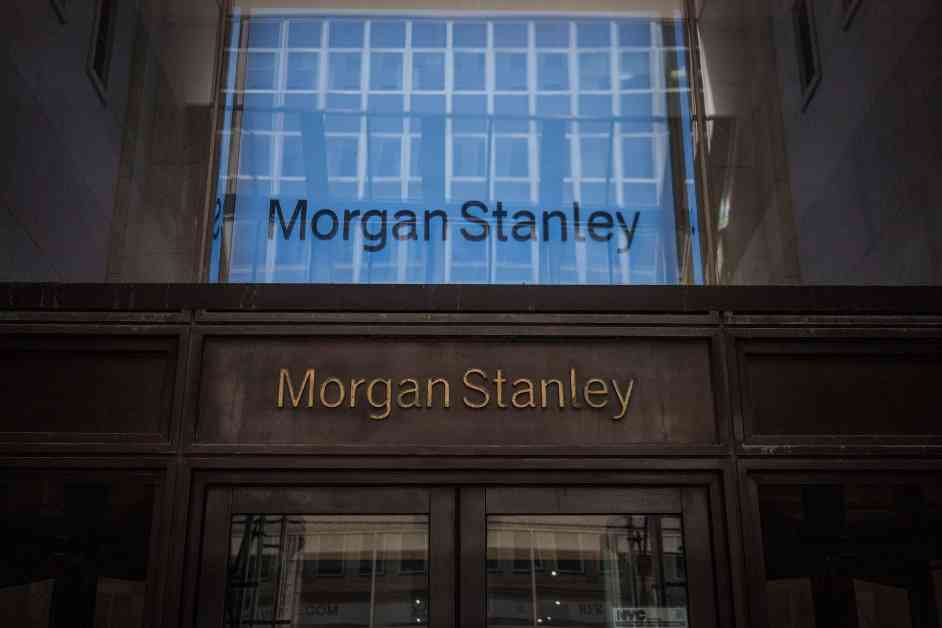In a recent report, Morgan Stanley’s new CEO Ted Pick made headlines by earning an impressive $34 million for his first year as chief executive. This news comes amidst a flurry of activity in the financial sector, with significant developments in various industries shaping the business landscape. From real estate to technology, the latest data from the Bank of England and other key sources shed light on the current state of affairs and offer insights into trends that are shaping the future of commerce.
Real Estate Dynamics in 2025
As agents hit the ground running in 2025, the real estate market is buzzing with activity, with fifty thousand more homes listed for sale. This surge in listings reflects a growing demand for housing as the economy continues to recover from the impact of recent global events. However, first-time buyers are facing a significant hurdle in the form of an £11,250 tax blow, as Labour’s stamp duty deadline looms. This development underscores the challenges that aspiring homeowners are grappling with in the current economic climate.
The Art of Investment: ARTEX MTF
In the world of entrepreneurship, the latest data from the Bank of England reveals that almost 30% of businesses have made significant or transformative AI investments as of October 2024. This trend highlights the growing importance of technology in driving business growth and innovation. Meanwhile, ARTEX MTF, the exchange for art shares trading, recently celebrated a successful first trading session. This milestone marked a historical shift in art investment, signaling new opportunities for investors looking to diversify their portfolios and explore alternative asset classes.
Culinary Delights and Hospitality Trends
Amidst these economic shifts, the food and beverage industry is also experiencing notable changes. The latest Foodservice Price Index (FPI) report from Prestige Purchasing and CGA by NIQ indicates a month-on-month increase in inflation in December, raising concerns about renewed price pressures in the sector. This data underscores the challenges that businesses in the food and beverage industry are facing as they navigate evolving consumer preferences and supply chain disruptions.
In the realm of hospitality, frequent flyers between Singapore and London are no strangers to the demands of business travel. Balancing conferences, meetings, and jetlag can be exhausting, making a comfortable night’s rest a welcome respite. As professionals navigate the bustling cities of Singapore and London, finding accommodations that offer a blend of comfort and convenience is essential for ensuring a productive and enjoyable travel experience.
Together, these developments paint a dynamic picture of the current business landscape, highlighting both challenges and opportunities across various industries. From real estate to technology, entrepreneurship to art investment, and culinary trends to hospitality, the evolving nature of commerce continues to shape the way we work, invest, and interact with the world around us. As businesses and investors navigate these changes, staying informed and adaptable is key to seizing new opportunities and driving growth in an ever-changing economic landscape.

